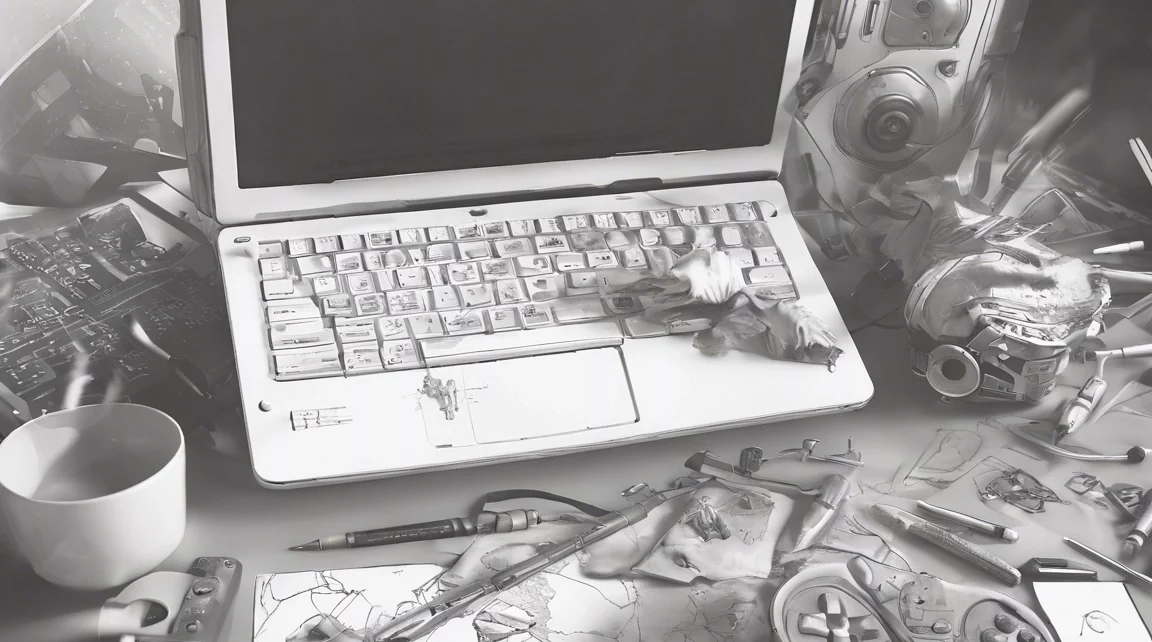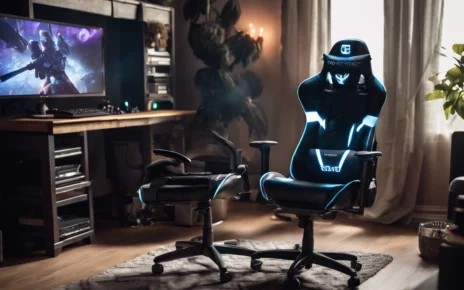Starting your game development journey may seem daunting, but it’s more doable than you think! With a solid plan, the right mindset, and some patience, you’ll be creating games in no time.
Getting Started
As a beginner, start by understanding the essentials. No need for a top-tier setup—just a decent computer with up-to-date software will do the job. Familiarize yourself with popular game engines like Unity, Unreal Engine, or Godot. These platforms are user-friendly, packed with resources, and have large communities that offer invaluable support to newcomers.
It’s Never Too Late to Start
Worried about starting a new career or hobby later in life? Age is just a number! Whether you’re in your 20s, 30s, or beyond, it’s never too late to dive into game development. Many successful developers began their journeys later in life, and with countless online tutorials and courses available, you can learn at your own pace. The key is to embrace the challenge and stay consistent.
Solo Game Development: A Rewarding Path
Thinking of going solo? Absolutely possible! Some of the most iconic indie games were developed by solo creators. Sure, you’ll need to wear multiple hats—designer, programmer, tester—but the creative freedom makes it all worthwhile. You’ll have full control over your project, allowing you to implement your unique vision. Start small, experiment, and learn from the process.
Core Skills Every Game Developer Needs
When stepping into game development, understanding what to focus on first can save you time and frustration. The first skill to master? Programming. Languages like C# (for Unity) and C++ (for Unreal Engine) are perfect starting points. Both are widely used and well-documented, offering plenty of tutorials for beginners.
Once you’re comfortable with programming, delve into game engines like Unity or Unreal. These platforms bring your ideas to life, handling graphics, physics, and sound. Don’t forget simpler engines like Godot, which is also beginner-friendly. Thanks to online communities and forums, you’ll never be short on guidance.
It’s equally important to explore the creative side of game development. Familiarize yourself with tools like Blender for 3D modeling or Photoshop for 2D art. A basic understanding of graphic design, animation, and storytelling will elevate your game to new heights.
Ready-Made Assets: Work Smarter, Not Harder
Don’t reinvent the wheel—use ready-made assets! Platforms like the Unity Asset Store and OpenGameArt.org offer both free and paid resources to help you accelerate development. Using these assets doesn’t compromise your creativity; it simply allows you to focus on refining other aspects of your game.
The Game Development Lifecycle
To successfully manage your projects, you need to understand the different stages of game development:
- Concept: This is where your idea takes shape. Define your game’s core concept, target audience, and unique selling points. Document these in a Game Design Document (GDD)—a blueprint to guide your project.
- Pre-Production: Plan the specifics. Create storyboards, sketches, and prototypes to identify potential challenges early on.
- Production: This is the main development phase, where coding, level design, and asset creation take place. Regular playtesting and collaboration tools will help you refine the game’s mechanics and fix bugs.
- Post-Production: Fine-tune your game. Conduct final testing, remove bugs, and optimize performance. Beta testing with a small group can provide useful feedback before the official release.
- Launch: Now it’s time to share your game with the world. Use social media, game forums, and even Twitch to build anticipation. After the launch, keep supporting your game with updates and engage with your community.
Finding Your Niche
For beginners, a common question is, “What’s the easiest type of game to create?” Puzzle games and platformers are excellent starting points. They feature simple mechanics and require fewer resources, making them ideal for first-time developers.
Another frequent question is, “Can I make a living from game development?” The answer is yes! While it can be challenging, the gaming industry offers a wide range of opportunities. Beyond development, there are careers in game testing, streaming, content creation, and even eSports. Specialized roles like narrative designers, sound engineers, and community managers are also essential.
The Indie Game Dream
Yes, you can make a living as an indie game developer! Success stories like Stardew Valley and Undertale prove it’s possible for solo developers to achieve greatness. While these examples may seem extraordinary, they demonstrate that perseverance, dedication, and hard work pay off. Crowdfunding platforms like Kickstarter can also help fund your projects if resources are tight.
Stay Connected and Keep Learning
Networking is key. Attend game development conferences, participate in game jams, and join online forums. Collaborating with like-minded individuals and receiving feedback from other developers can significantly improve your projects. Stay current with industry trends and continuously refine your skills. The journey itself is rewarding—every obstacle you face is an opportunity to grow as a developer.




